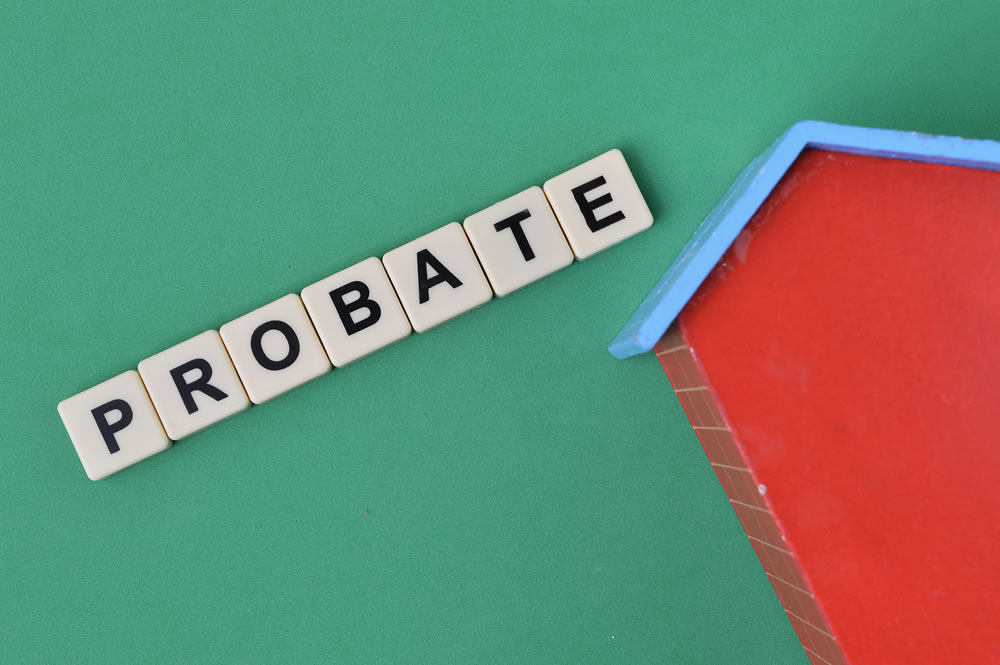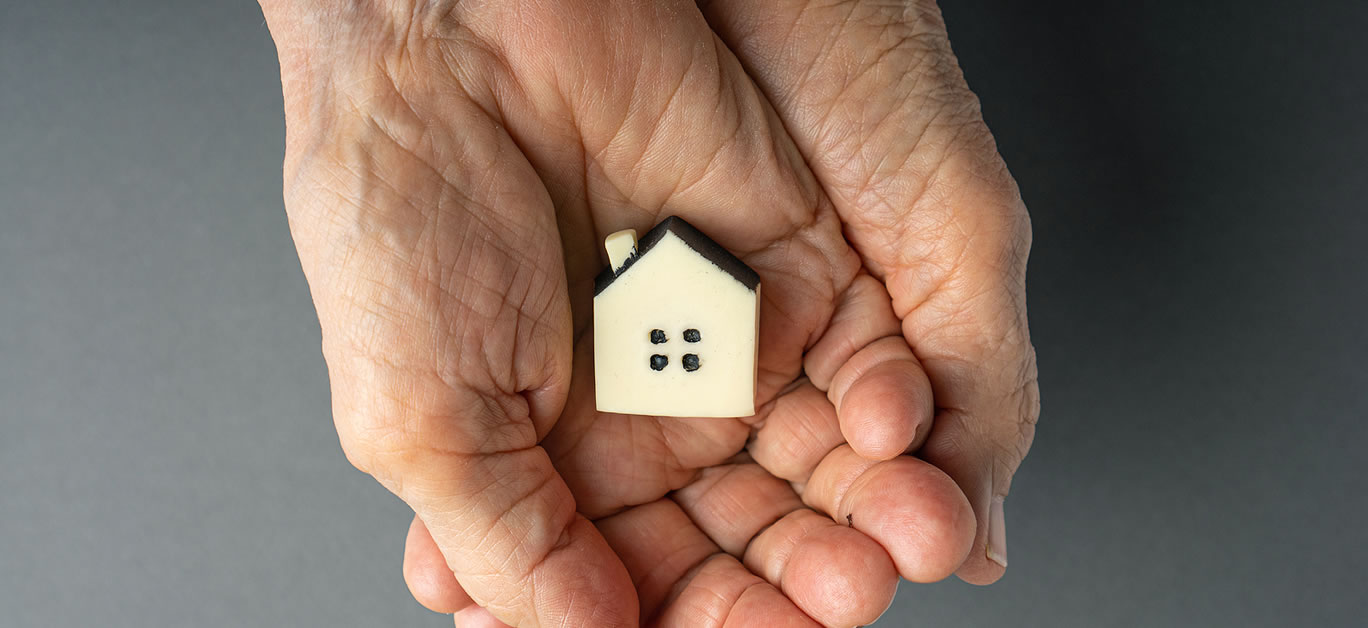Inheriting a property can be bittersweet, particularly if it’s from a loved one – and often, there are many emotions involved. But once you’ve had time to process the news, it’s important to ensure you’re clued up about just what the property inheritance process entails so that you make the most of it and decide what to do next. A great deal of questions tend to arise in situations such as this, and with many different options and avenues to explore, it can be difficult to know where to start. Should you keep the property, or sell it on?
Here, we take a look at all you need to know about property inheritance to make the right decision.
What is probate?
The term ‘probate’ refers to the legal process of handling assets, property and financial wealth of someone who has recently passed away. Probate is not a mandatory process and is mostly reserved for people with high-value assets. As such, when the financial value is low, probate may not be necessary.
However, there is a contentious probate process usually reserved in the event of disagreements, especially when it comes to the overall management of the estate. Note that for the process to begin, it has to be applied by one of the named executors of the will to allow the transfer of assets.
Inheriting a property without a mortgage
Inheriting property can be complicated, especially if it comes with a mortgage. You may be forced to pay the mortgage repayments or come up with a plan to cancel it after discussing doing so with the lender. If, on the other hand, you inherit property without a mortgage, you are in a rather advantageous position, because of the various options that will be presented to you.

Keeping the property
There are a few benefits to keeping a property that you have recently inherited. Firstly, it may be a property that holds a lot of sentimental value, especially if it’s the home you grew up in and you’re keen to keep in the family. The most practical element of this option is that you have a second home ready at your disposal, and there is a financial upside too, because a second home can prove to be a great investment option for the future.
Keep in mind that the expenses that arise from managing a property can add up very quickly. You may not be able to manage two properties in the long term, and as such, before you go down this path, you’ll need to weigh up the pros, such as future assets, increase in value with time, and the cons, such as structural repairs and outgoings.
Should a property be left to both you and one or more siblings, you’ll need to discuss what you each want to do with your share. If you’d like to keep it on, but they wouldn’t, then you might find you’ll need to take out a mortgage in order to buy them out.
Renting out the property
Renting out your inherited property is the middle ground between keeping and selling it, and could provide a lucrative additional stream of income for life, which will significantly reduce your financial burdens and may help you to pay off your own mortgage – or invest in an additional rental property if you’re keen to expand your portfolio.
Nevertheless, it’s worth bearing in mind that there are some disadvantages to renting out an inherited property. Firstly, the taxes you’re required to pay will be impacted, and your insurance policy premium will almost certainly increase. On top of that, there are also many general responsibilities that come with being a landlord that can quickly make it a full-time job – so if you don’t have the time to spare, then you may want to consider hiring a property manager or an agency to oversee the day-to-day dealings on your behalf.

Selling the property
Selling the property may seem appealing if you’re eager to release some capital, but doing so can be complicated and incur additional tax payments. Then, of course, there’s the emotional burden of parting with a much-loved property, which can be difficult when it’s a childhood home holding many memories from times gone by.
Even so, if you have other plans and projects in mind you’d like to put the money towards and are looking to sell the house fast, bringing in a realtor who is experienced in overseeing luxury property sales will help to ensure you get the right price.
But what are the implications? First off, you should expect to pay inheritance tax, at a standard rate of 40 per cent. However, depending on the value of the whole estate, you may not have to pay these taxes up to a certain limit, so it’s wise to talk to a probate attorney to make sure you know exactly how much you’re liable for.
Next, you need to know about Capital Gains Tax. You don’t necessarily have to pay this when you sell your own home – however, it’s compulsory to pay this on any profits you make when you choose to sell a property that isn’t your main place of residence. Again, a property attorney or probate attorney will be able to advise you on the process and ensure you are not overcharged on the taxes you have to pay when selling an inherited property.






















